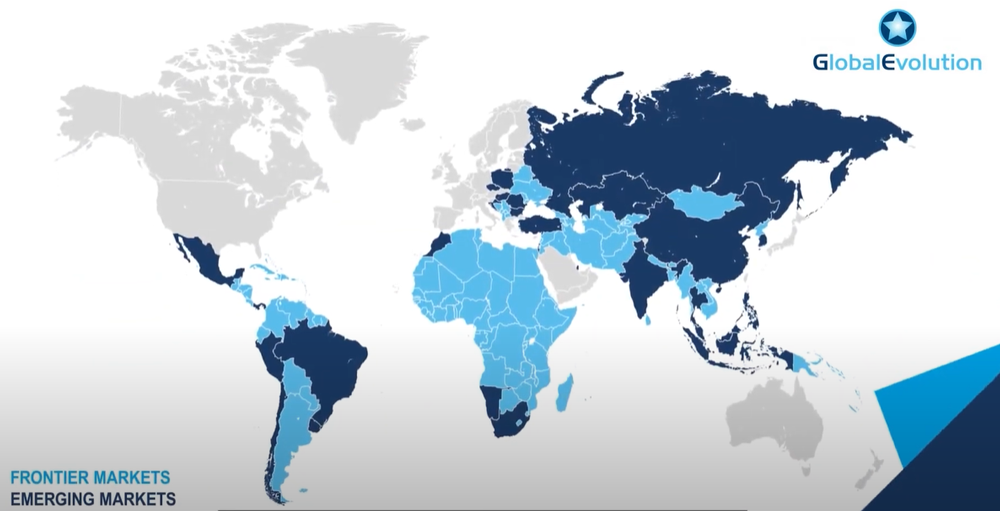Conning, Inc., Goodwin Capital Advisers, Inc., Conning Investment Products, Inc., a FINRA-registered broker-dealer, Conning Asset Management Limited, Conning Asia Pacific Limited, Octagon Credit Investors, LLC, Global Evolution Holding ApS and its subsidiaries, and Pearlmark Real Estate, L.L.C. and its subsidiaries are all direct or indirect subsidiaries of Conning Holdings Limited (collectively, “CHL Group”) which is one of the family of companies whose controlling shareholder is Generali Investments Holding S.p.A. (“GIH”) a company headquartered in Italy. Assicurazioni Generali S.p.A. is the ultimate controlling parent of all GIH subsidiaries. CHL Group has investment centers in Asia, Europe and North America.
Conning, Inc., Conning Investment Products, Inc., Goodwin Capital Advisers, Inc., Octagon Credit Investors, LLC, Global Evolution USA, LLC, and PREP Investment Advisers, L.L.C. are registered with the Securities and Exchange Commission (“SEC”) under the Investment Advisers Act of 1940, as amended, and have noticed other jurisdictions they are conducting securities advisory business when required by law. In any other jurisdictions where they have not provided notice and are not exempt or excluded from those laws, they cannot transact business as an investment adviser and may not be able to respond to individual inquiries if the response could potentially lead to a transaction in securities. SEC registration does not carry any official endorsement or indication that the adviser has attained a level of skill or ability.
Conning, Inc. is also registered with the National Futures Association. Conning Investment Products, Inc. is also registered with the Ontario Securities Commission. Conning Asset Management Limited is Authorised and regulated by the United Kingdom's Financial Conduct Authority (FCA#189316). Conning Asia Pacific Limited is regulated by Hong Kong’s Securities and Futures Commission for Types 1, 4 and 9 regulated activities; Global Evolution Asset Management A/S is regulated by Finanstilsynet (the Danish FSA) (FSA #8193); Global Evolution Asset Management A/S (London Branch) is regulated by the United Kingdom's Financial Conduct Authority (FCA# 954331); also, Global Evolution Asset Management A/S (“GEAM”) is authorized via exemption as a dealer and adviser in certain Canadian provinces: In Canada, while GEAM has no physical place of business, it has filed to claim the international dealer exemption and international adviser exemption in Alberta, British Columbia, Ontario, Quebec and Saskatchewan. Global Evolution Manco S.A. is regulated by The Commission de Surveillance du Secteur Financier (the Luxembourg FSA) (CSSF# S00001031). CHL Group primarily provides asset management services for third-party assets.
All investment performance information included in this document is historical. Past performance is not a guarantee of future results. Any tax-related information contained in this document is for informational purposes only and should not be considered tax advice. You should consult a tax professional with any questions.
For complete details regarding CHL Group and its services in the U.S., you should refer to our Form ADV Part 2, which may be obtained by calling us.
THIS WEBSITE IS INTENDED FOR INSTITUTIONAL INVESTORS ONLY.
Information on this website is for informational purposes only and should be not be interpreted as an offer to sell, or a solicitation or recommendation of an offer to buy any security, product or service, or retain Conning for investment advisory services. This information is not intended to be nor should it be used as investment advice and should not be copied or distributed without the prior consent of Conning. For complete details regarding Conning and its services, you should refer to our Form ADV Part 2, which may be obtained at https://adviserinfo.sec.gov/. GEMS®, FIRM®, and ADVISE® are registered trademarks of Conning, Inc. By accessing this Web site and any materials presented herein (the “Site”), you acknowledge and accept the terms and conditions pertaining to use of the Site (the “Terms of Use”). Conning reserves the right to change these Terms of Use without notice at any time. Each use of the Site constitutes your agreement to be bound by the then-current terms and conditions set forth in the Terms of Use.

